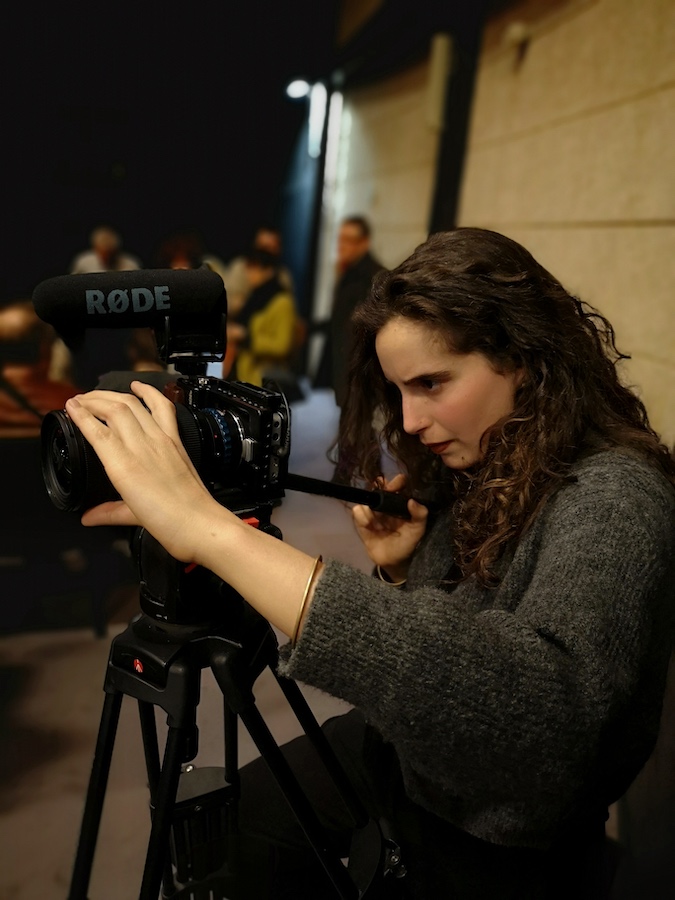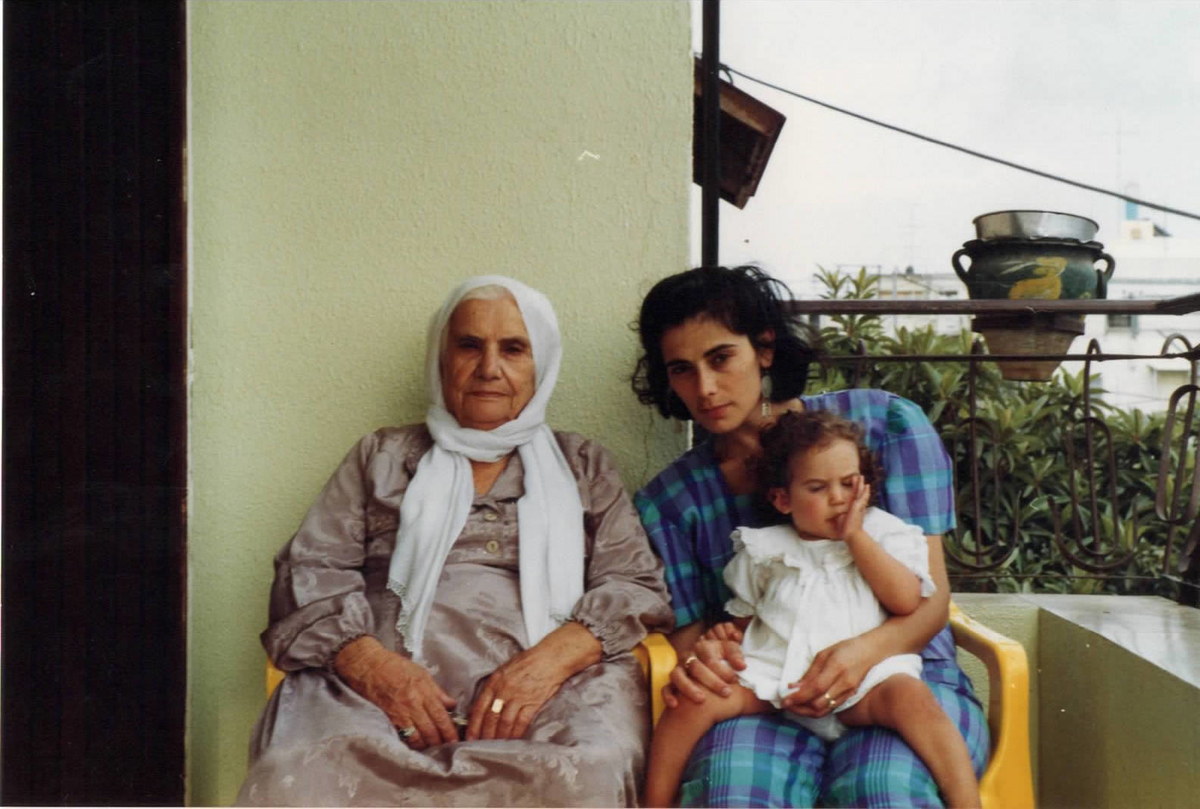EL GOUNA: Everything appears to be going right for the actress and filmmaker Lina Soualem. Her debut feature, “Their Algeria,” won the award for Best Arab Documentary Film at El Gouna Film Festival last month, while her new project, “Bye Bye Tiberias,” walked away with $30,000 of CineGouna Springboard funding. No wonder she left the Red Sea festival with a noticeable spring in her step.
“It’s amazing to get the validation and support from so many different people,” says Soualem, who was born and raised in Paris. “One of the prize givers told me that they usually only give funding to fiction but they really fell in love with the project and that really touched me. It gives me a lot of faith and hope, and also a lot of pressure, because I need to move on and get to work. I’m ready for it. It’s just difficult with the COVID situation now, but we’re doing our best to prepare for the shoot and to film as soon as we can.”

Lina Soualem is an actress and filmmaker. (Supplied)
“It’s a project that first started without me,” admits Soualem, who has appeared in films including Hafsia Herzi’s “You Deserve A Lover” and Rayhana Obermeyer’s “I Still Hide To Smoke.” “But I think it was destiny because when I started ‘Their Algeria’ a lot of people asked me if I was going to do something about the other side of my family — my maternal family in Palestine. It wasn’t vital for me at that time. I had to tackle silence first — the silence of my Algerian family. And now I realize that, yes, I also want to tackle the diversity and multiple memories of my Palestinian family, especially through the women.”

Soualem’s debut feature, “Their Algeria,” won the award for Best Arab Documentary Film at El Gouna Film Festival last month. (AFP)
Abbass grew up with her parents Said and Neemat, her seven sisters and two brothers, and her grandmother Um Ali. Much of “Bye Bye Tiberias” will be based around archival footage shot by Soualem’s father, the French actor Zinedine Soualem, whose parents Aïcha and Mabrouk are the protagonists in “Their Algeria.”
“I always wanted to film my grandmother, like every granddaughter that is fascinated by her grandmother,” says Soualem of “Their Algeria,” an emotive, contemplative and languid exploration of the pain behind her Algerian grandparents’ long journey of exile. “I never really thought it would be a film, it was just a dream because she was always a feminine figure that seemed very enigmatic to me. She was always full of laughter when what she was saying was actually tragic, so I didn’t understand how this was possible.

Lina Soualem with Um Ali and Hiam Abbass. (Supplied)
“Then my dad called me one day and told me that my grandparents were separating after 62 years of marriage, and I realized that this was what I needed to film. It was vital for me to know their story before they disappeared, because I felt like this was a sign. It was really a shock because I realized that I didn’t know anything about their intimate story or about their story as Algerians who emigrated to France in the Fifties and lived in exile all their life.”
Soualem says both ‘Their Algeria’ and ‘Bye Bye Tiberias’ deal with inherited trauma, albeit in different ways.
“When your family goes through painful history — collective memory, colonization, all sorts of events — it not only affects the people who live it, but the generations after them,” she says. “Even when you transmit silence and you don’t tell their story, you transmit a trauma, because you should be able to talk about your life without having fears. Without having tears. I did ‘Their Algeria’ because I knew there was a trauma somewhere and I felt it inside, even though I never lived it myself. It came from what was transmitted to me and I believe it’s really important for us to be able to look back on these traumas and to help — not resolve everything, but at least to ease the pain and to help us reconcile with this past so as not to repeat the cycle of trauma.”













